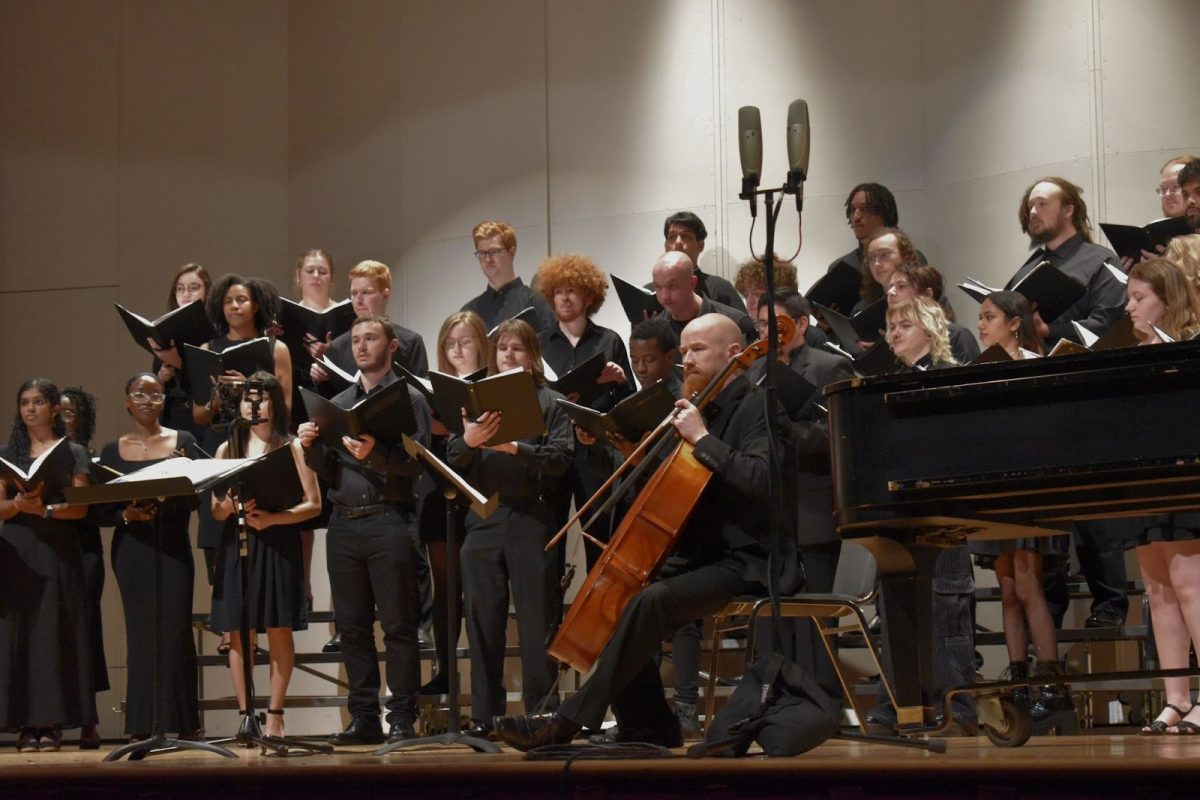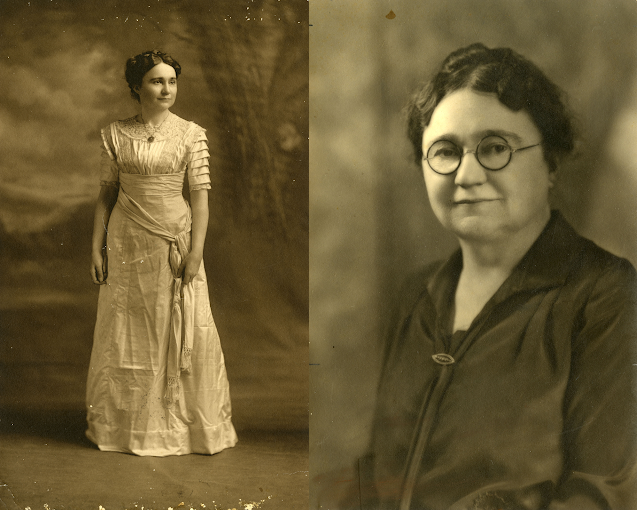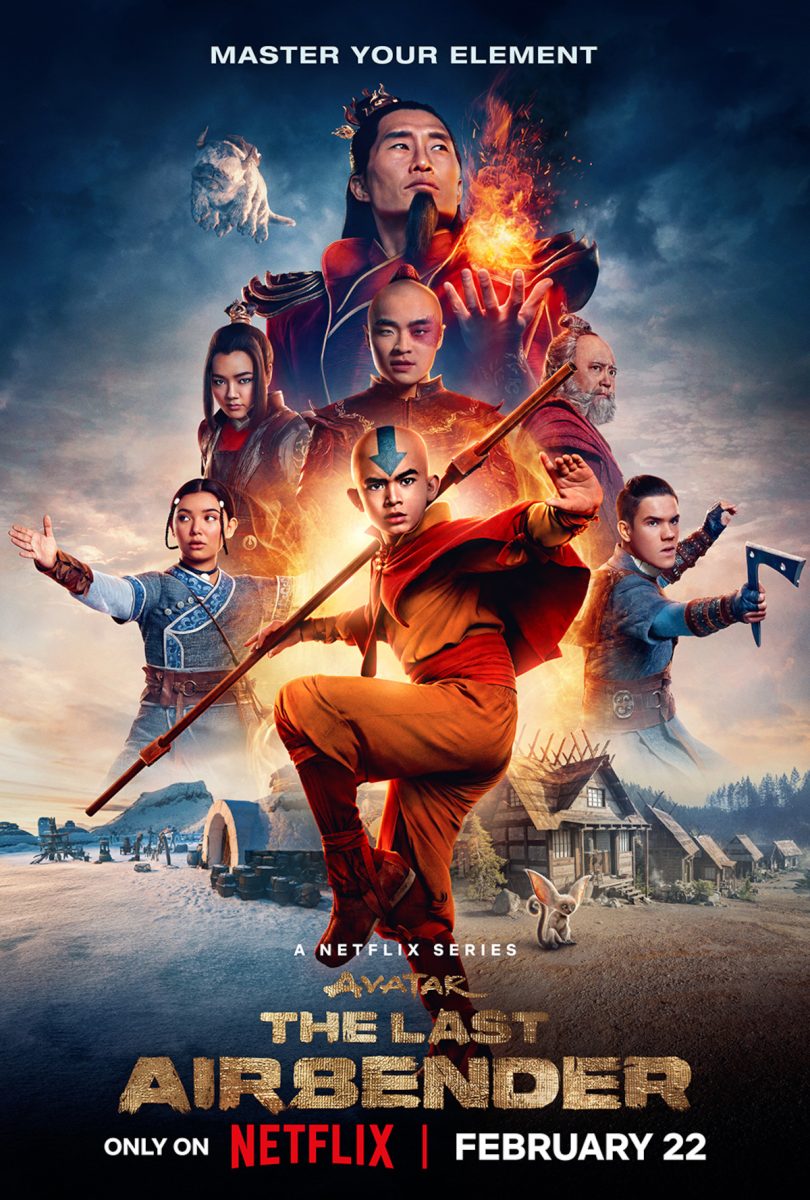Lee Mun Wah tapped on the Tibetan singing bowl, and as it rang, voices lowered quickly before ceasing all together.
After a few breaths, the first person in each group began answering the prompt: when did you first notice that you were different?
One of the top diversity trainers in the country, Mun Wah led three workshops and discussions at Guilford on Jan. 18 to open a dialogue about diversity in higher education.
The first workshop, geared toward faculty and staff, focused on ways to foster community in a diverse educational environment.
“(Mun Wah) encouraged us to invite students to talk deeply with each other and create trust and community in the classrooms, and to not shy away from discussing differences,” said Judy Harvey, engaged teaching and learning specialist.
According to Mun Wah, one of the biggest hindrances to establishing a dialogue about race in the classroom is that most faculty and staff are European-American, and
they have never been trained in how to discuss diversity.
“At Guilford, we have good intentions to value diversity and create a healthy multi-cultural community, but we don’t really know how to do it,” said Harvey. “I don’t know of any institutions that have it all figured out. I see, year after year, students of color coming to Guilford with high hopes about this place … Yet, sadly, I see so many students become sad and disillusioned when Guilford feels just like any other white-dominated institution.”
“It is … important to recognize the efforts we have in place to address these issues and the commitment of the institution to become an anti-racist school,” said Jorge Zeballos, Latino community program coordinator. Zeballos and Harvey, along with select committed students, organize the Understanding Racism workshops and the White Privilege series every semester.
At the afternoon keynote speech and dialogue entitled “What Stands Between Us: A Cross Race/Gender Conversation,” attendees discussed the different ways in which prejudice against race and gender manifest themselves. Individuals were then organized into small groups to share their personal experiences with such prejudices. Sophomore Mindy Souvannalay thought that Mun Wah’s group exercises, which emphasized the listening skills of all group members, were particularly effective.
“By the end of the exercise, we had built a sense of community with the other participants by sharing something intimate about ourselves,” said Souvannalay. “It was definitely surprising for many of us as to how open we were able to become with complete strangers.”
The day concluded with a screening of the teachers’ edition of “If These Halls Could Talk,” a documentary directed by Mun Wah. The screening was open to the community, and before the film began, Mun Wah observed the audience that had gathered in Dana Auditorium.
“We sit apart from other people,” said Mun Wah. “How many of you made sure that there were one or more seats between you and someone else? Those two seats might as well be a million miles apart.”
Mun Wah then instructed everyone to look around the room, find someone they had never met before—perhaps someone who was different from them—and sit with that person. The audience spent several minutes exchanging names and engaging in conversation before the film began.
“It took everyone (by) surprise, but in the end, I think some really good relationships were formed,” said Souvannalay.
In the documentary, nine college students from all different backgrounds come together in a cottage in Ukiah, Calif. Over the course of the next four days, Mun Wah facilitates the students’ discussion about prejudices based on race, religion and sexuality. As the students begin to speak more openly, their discussions become more heated.
“This was the most difficult facilitation I have done in 20 years,” said Mun Wah of the film.
Will, an African-American student from Oakland, Calif., expresses his frustration at being considered “expendable” by his education system. He says that professors would assume that he would drop the class as soon as the drop date rolled around, so they would not invest time in him.
Vera, a Palestinian student from Boulder, Colo., says that she would keep her fear and sadness about the constant war in her home country inside because her classmates “wouldn’t care.”
In all, Mun Wah’s day of events provoked discussion and thought about racism and other forms of discrimination.
“It’s a lot to process and is going to take me a while,” said Susanna Westberg, director of Residence Life and dialogue attendee. “(Lee Mun Wah) did not provide us with answers, but with important questions that we need to be brave and compassionate enough to ask ourselves and one another.”







Jess.mypromadozy • Feb 10, 2012 at 7:07 am
Thank you.